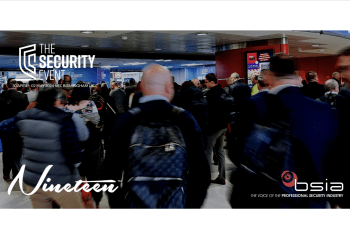South Africa: New biometric passports within 12 months
31.01.2011 - The South African Department of Home Affairs will recall all old passports within the next 12 months, replacing them with a new, more secure biometric passport. Director-general Mk...
The South African Department of Home Affairs will recall all old passports within the next 12 months, replacing them with a new, more secure biometric passport. Director-general Mkuseli Apleni commented: "We have tightened our security and computerised systems at all our branches to ensure the passports that are being issued cannot be duplicated by anyone".
According to Mr. Apleni, it was plausible to issue the new passport within the next 12 months to all passport holders. This was a vital step in reopening negotiations with the UK home office regarding the lifting of a UK visa requirement on South African passport holders. Two years ago the UK revoked the privilege of allowing South Africans to travel to that country for up to six months without a visa after investigations in the UK revealed that foreign syndicates were using SA as a base to enter the UK illegally by fraudulently obtaining South African travel documents. SA’s passports had become one of the most abused travel documents detected at UK border posts. The UK instituted the visa requirement after years of warnings that SA’s passports were not secure and that the Department of Home Affairs should address the problem. While the department made progress in dealing with the security of passports, it could not meet the UK’s six-month deadline in 2008, and was not likely to do so soon. At the time the UK imposed the visa regime, Russ Dixon, spokesman for the British high commission, said while there would be an opportunity to review the visa regime in time, the UK was committed to continuing with it for the near future. The ban has affected business travellers, especially those who travel to the UK often. South Africans now even need a transit visa when travelling to other European Union countries via the UK, making travelling more expensive.









